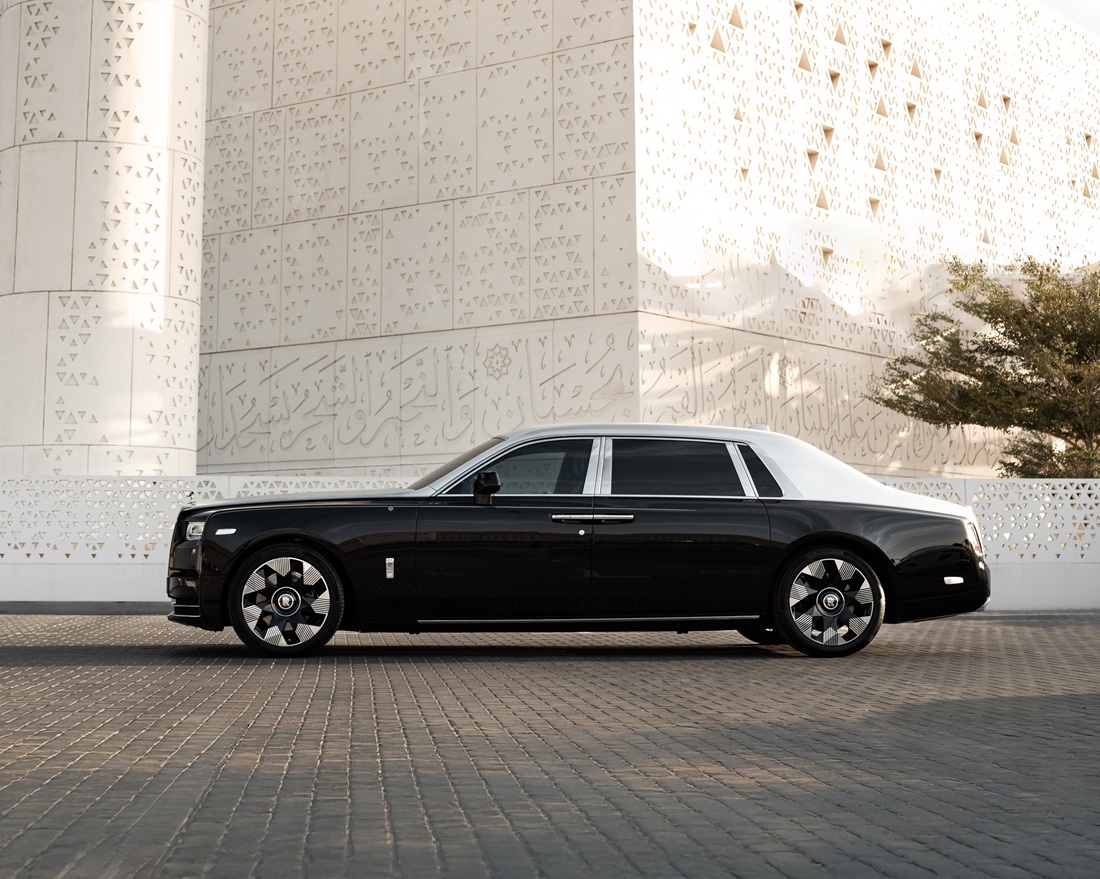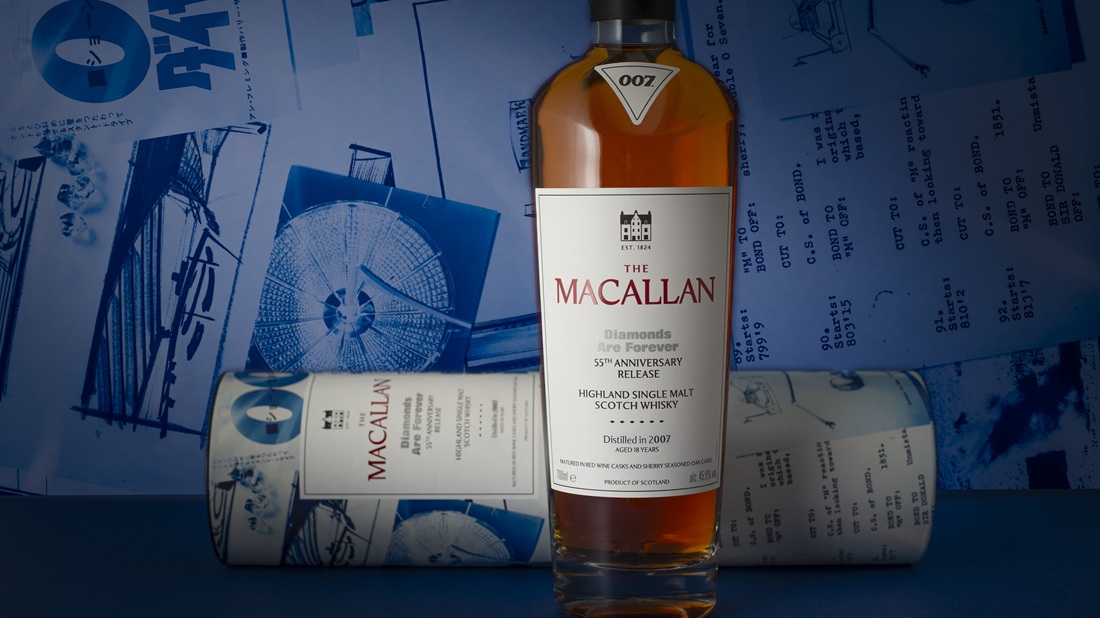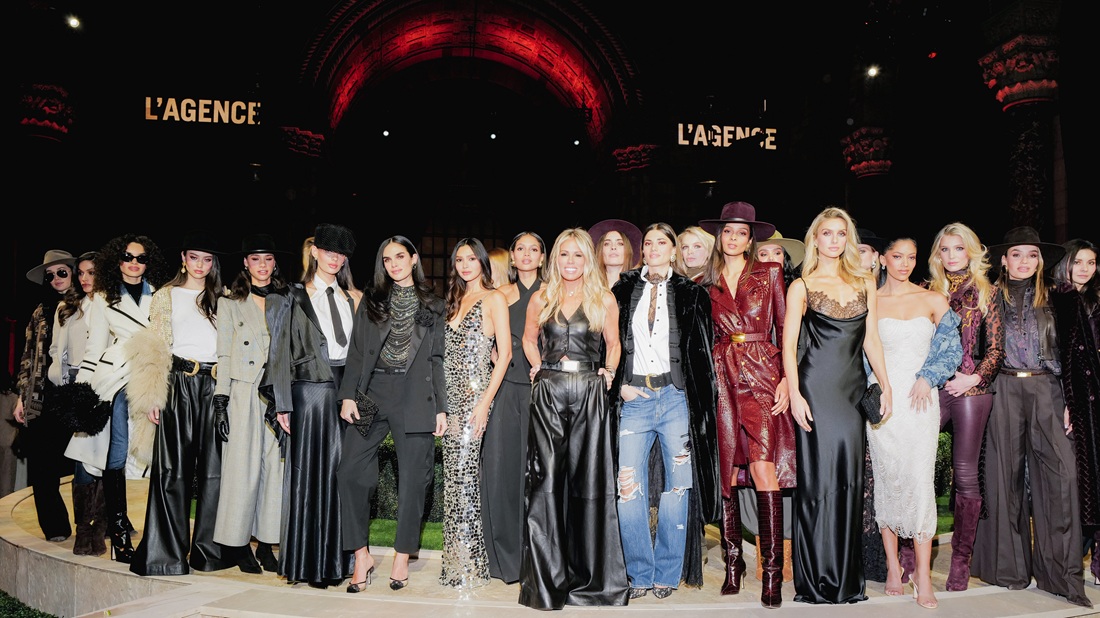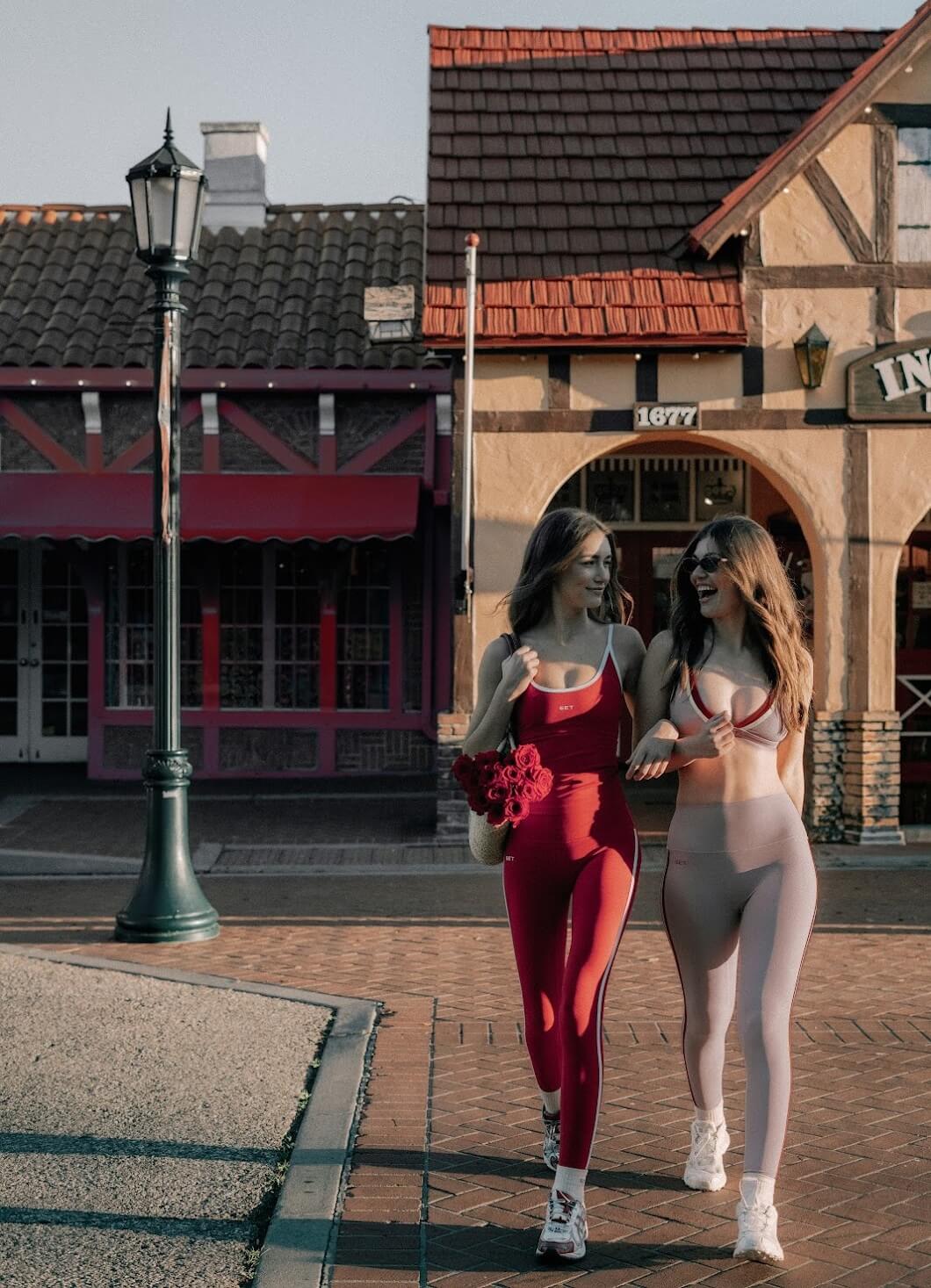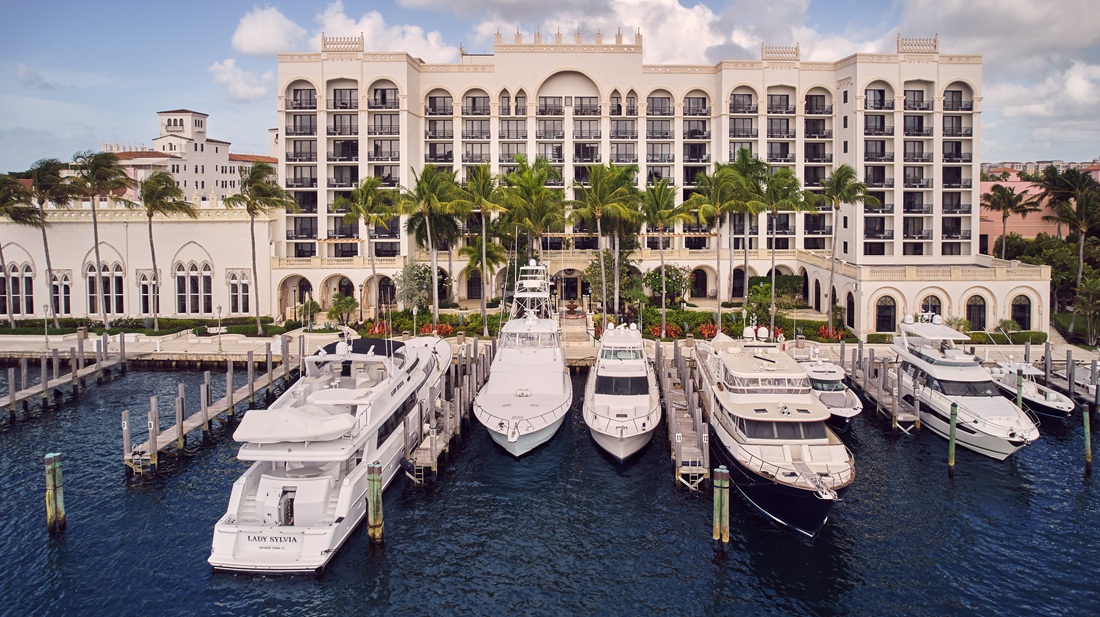The Lasting Power of Clive Davis
While this anecdote certainly showcases Davis’ business acumen, it doesn’t speak to his inherent gift of musical appreciation that has long dictated the popular music platform. He hears what others don’t. While most can appreciate a good tune once it hits the airwaves, being able to recognize potential in an unpolished act is a gift few have, though it took Davis awhile to recognize and utilize this invaluable tool. “Because I was made chief lawyer for Columbia five years out of law school, I never knew what they meant when they said, ‘You have ears,’” he says.
It wasn’t until the Monterey Pop Festival in 1967 that his true talent began to emerge and subsequently change the face of popular music. Up until that point, Columbia Records had avoided signing rock bands but Davis was instrumental in ushering in a new era. “My life-changing moment came when I went to the festival thinking I was just going to enjoy Simon & Garfunkel and the Mamas & the Papas. I didn’t know that they were going to have afternoons showcasing new talent.”
The scene in California was much different than what the native New Yorker was encountering back home, and the hippie movement compelled him. “I was struck by the culture, struck by the enormity of the change in my coming from urban New York to this new environment, with the flowing dresses and the utopian, wonderful Haight-Ashbury lifestyle. That was alien to my Brooklyn background, not unacceptable or hostile, just outside of the realm of my experience. I went to the grounds and I saw these new artists come on stage and saw one act called Big Brother & the Holding Company. An unbilled Janis Joplin came on stage, and that was my life-changing moment, when I saw her talent, her hypnotic, magnetic, compelling, electrifying, charismatic, soulful voice. Probably the greatest white soul voice of all time.”
That voice was Davis’ call to action. “I knew that I couldn’t sit on the sidelines. I had to move; I felt it in my being.” He signed Joplin and Big Brother, buying their just-signed contract with a small company called Mainstream Records for $200,000. Out of Monterey, he also signed a new group The Electric Flag with Mike Bloomfield on guitar and Buddy Miles on drums. Six weeks later, he was asked to audition a group that was just starting out, led by a man named Al Kooper. His group was called Blood, Sweat & Tears. Davis decided he would quietly gild the music recording process for these artists. “I remember preparing the marketing people of Columbia for what I felt to be a revolution, the electrification of the guitar, a different approach towards contemporary music. And when all three came home—not just one of the three or two of the three, but when all three made their impact on music—it gave me the confidence to keep trusting my instinct and my ear.”



